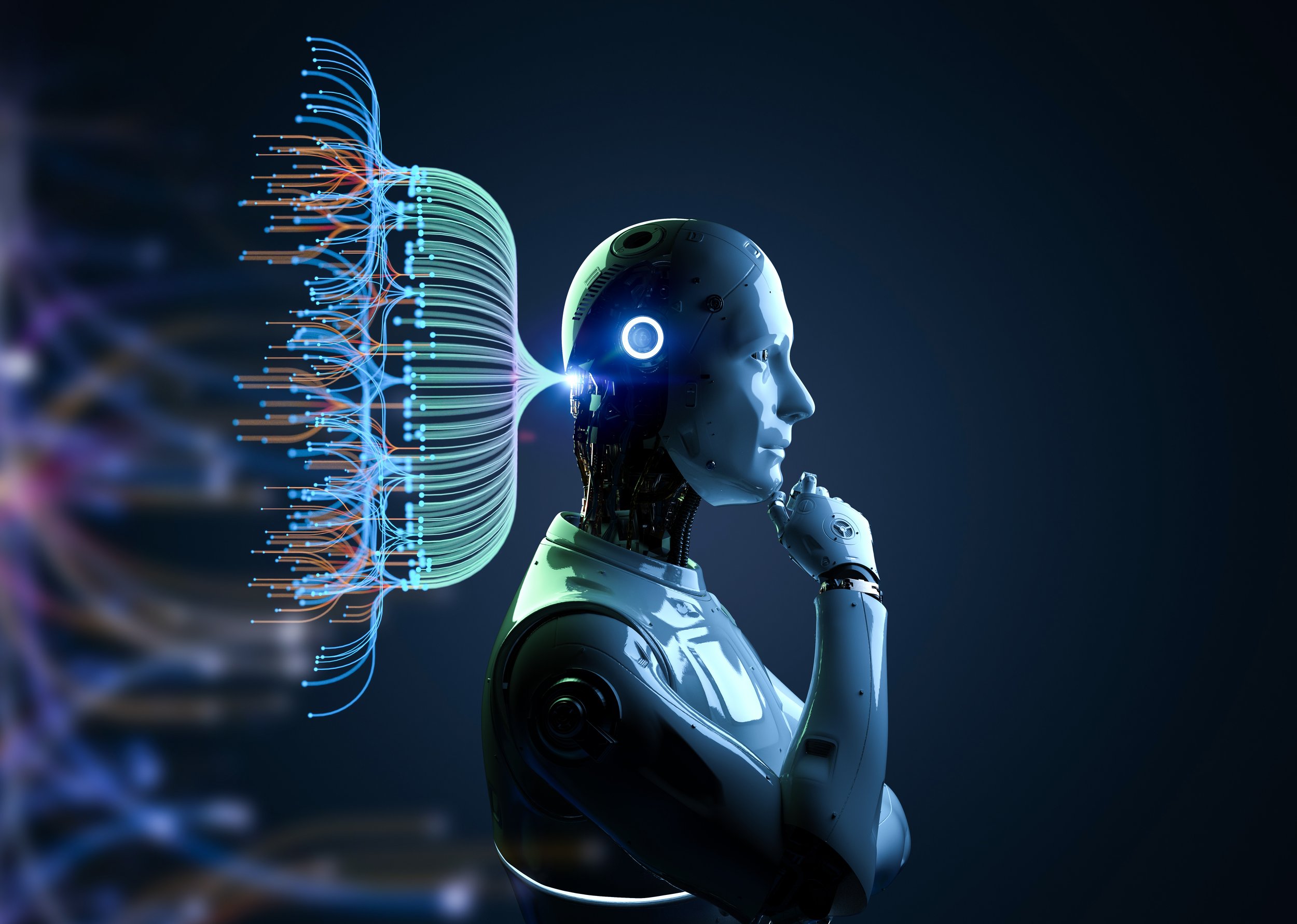ON AI || 3 Ways AI Will Change the Marketing Landscape In The Next Year

Artificial Intelligence (AI) has emerged as a powerful tool that is revolutionizing industries across the board, and marketing is no exception.
As we look ahead to the next year, it's essential for marketers to grasp the transformative potential of AI in shaping the marketing landscape. From enhanced personalization to advanced data analytics, AI is poised to redefine how brands connect with consumers and drive business growth. Here are 3 key ways in which AI will change the marketing landscape in the coming year.
Writesonic AI can now assist in writing SEO-friendly copy for your website to maximize search results and bring traffic to your website.
1. Hyper-Personalization
One of the most significant impacts of AI on marketing will be the ability to deliver hyper-personalized experiences to consumers.
AI-powered algorithms can analyze vast amounts of consumer data, including browsing habits, purchase history, and social media interactions, to gain valuable insights into individual preferences and behaviours.
Armed with this information, marketers can tailor their messaging, content, and product recommendations with exceptional precision, ensuring that each customer receives a personalized experience that resonates with their unique needs. From targeted email campaigns to dynamic website content, AI will empower marketers to engage customers on a whole new level, fostering deeper connections and driving higher conversion rates. One great AI that includes many resources to help create personalized writing is Writesonic. From e-commerce support to ad marketing tools, this powerful AI will be able to optimize and create targeted content for your consumers.
AI will enhance the data analytics experience by finding trends and patterns for marketers to see. However, it is important to note that the real “meat” of the analysis will still come from a human brain.
2. Intelligent Data Analytics
Data has always been the lifeblood of marketing, but AI is set to revolutionize how we analyze and leverage this information.
AI algorithms can sift through enormous datasets in real time, extracting valuable patterns, trends, and actionable insights that would be nearly impossible for humans to identify. A great example of this is Microsoft’s Copilot AI. You can ask Copilot questions about your data and the AI will show you correlations, and hypothetical scenarios, as well as suggest new formulas based on the prompts you provided. The AI will also give you recommendations to drive different outputs and create powerful visualizations you can use to better understand the data.
By automating data analysis, marketers can make more informed decisions, optimize their strategies, and uncover hidden opportunities.
AI-powered analytics can also help predict consumer behaviour, identify emerging trends, and forecast market demands, giving marketers a competitive edge in a rapidly evolving landscape. With AI, marketers can unlock the true potential of their data in more efficient ways, turning it into a strategic asset that drives growth and innovation.
The technology for AI Chatbots will advance tremendously in the next year, allowing the AI to customize responses and experiences for consumers who need solutions.
3. Enhanced Customer Engagement
AI has the power to transform how brands engage with their customers, enabling more interactive and immersive experiences. Chatbots, powered by AI, have already become commonplace, providing instant and personalized assistance to website visitors and social media users.
In the next year, we can expect AI to enhance chatbot capabilities further, enabling more natural language processing, sentiment analysis, and even emotional understanding. We are already seeing this being implemented in social platforms such as Snapchat and Instagram DMs. Both Snapchat and Instagram have added AI Chatbots to their messaging function; while they are still trying it out, we can see that these bots are able to answer questions and learn based on user responses to provide better responses in the future. As the AI is still learning, there are some more “human-like” questions that it cannot answer, and it still gives a bot-like response. In the future, we understand that the advancement in technology will bring growth for AI Chatbots and businesses will be able to use this to their advantage.
Moreover, AI can revolutionize content creation, with algorithms capable of generating compelling and engaging copy, personalized video messages, and even AI-generated influencers. By leveraging AI-driven customer engagement strategies, marketers can cultivate meaningful connections with their audience, boost brand loyalty, and create memorable experiences that set them apart from competitors.
As AI continues to evolve at a rapid pace, marketers need to embrace its potential to reshape the marketing landscape. From hyper-personalization to intelligent data analytics and enhanced customer engagement, AI offers unprecedented opportunities to connect with consumers on a deeper level and drive business success. In the next year, marketers who harness the power of AI will gain a competitive advantage, delivering targeted, data-driven campaigns that resonate with their audience.
By embracing AI technologies and leveraging them strategically, marketers can unlock new realms of creativity, innovation, and growth, propelling their brands to new heights in the dynamic and ever-evolving marketing landscape.








